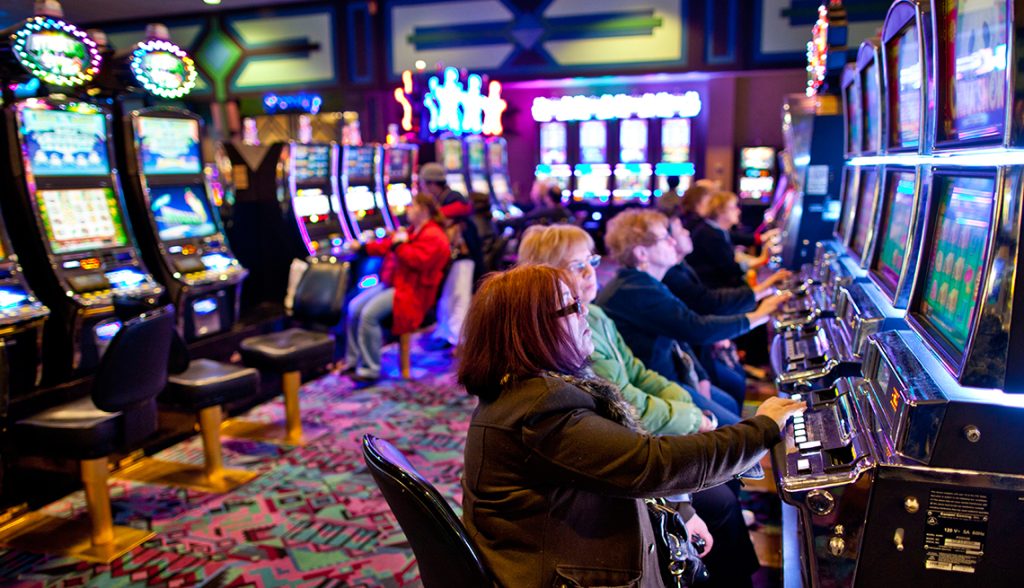The allure of online casino gambling extends far beyond the mere prospect of monetary gains; it delves into the intricate realms of human psychology, tapping into various cognitive and emotional factors that contribute to the experience of winning. One fundamental aspect is the psychological concept of risk and reward. The anticipation of a potential windfall triggers the brain’s reward system, releasing dopamine and creating a sense of pleasure and excitement. This neurochemical response reinforces the behavior, making players more inclined to continue gambling in the hopes of replicating that pleasurable experience. Moreover, online casinos often employ a range of psychological tactics to enhance the overall gaming experience and encourage prolonged engagement. The use of vibrant colors, stimulating sounds, and engaging animations is carefully orchestrated to create an immersive environment that captivates the player’s attention. This sensory stimulation not only adds to the entertainment value but also heightens the emotional experience of winning. The combination of visual and auditory cues during a successful outcome amplifies the pleasure response, making the victory more memorable and reinforcing the desire to continue playing.
The concept of near misses is another psychological element that contributes to the allure of online casino gambling. When players narrowly miss out on a jackpot or a significant win, it triggers a sense of disappointment, but at the same time, it maintains a level of hope. This near-miss phenomenon exploits the psychological principle of intermittent reinforcement, where occasional rewards are more reinforcing than consistent ones. The intermittent nature of wins in online gambling keeps players hooked, as the unpredictability of outcomes sustains the excitement and anticipation, creating a powerful psychological drive to continue playing. Furthermore, the illusion of control plays a pivotal role in the psychology of winning in online casinos. Even though most casino games are based on chance, the perception of having some level of control over the outcome enhances the player’s engagement.

Features like decision-making in card games or selecting numbers in a lottery create a false sense of influence, fostering a belief that skill can influence the results. This cognitive distortion makes the gambling experience more appealing, as individuals are drawn to activities where they perceive themselves as active participants rather than passive observers. In conclusion, the psychology behind winning in online casino gambling is a complex interplay of various factors that exploit the intricacies of human cognition and emotion tips for enjoying live dealer gaming from home. The interweaving of risk and reward, sensory stimulation, near-miss experiences, and the illusion of control creates a potent cocktail that keeps players engaged and enticed. Understanding these psychological mechanisms sheds light on why individuals are drawn to online gambling, providing insights into the captivating nature of the virtual casino experience.
Categories: Casino